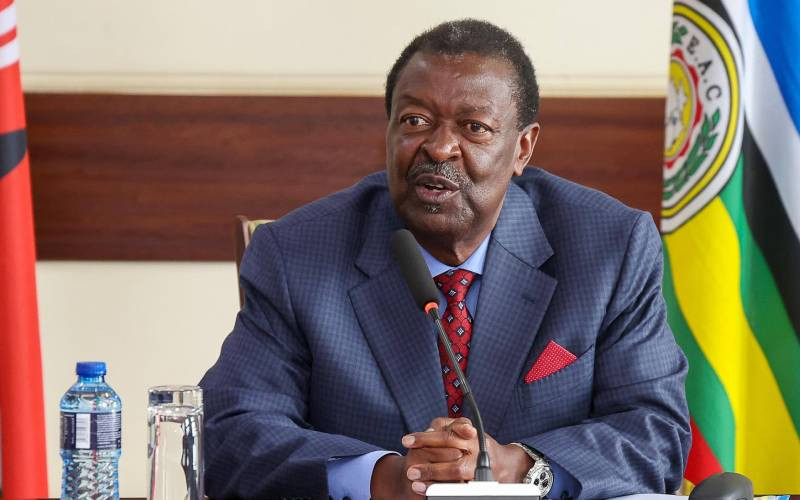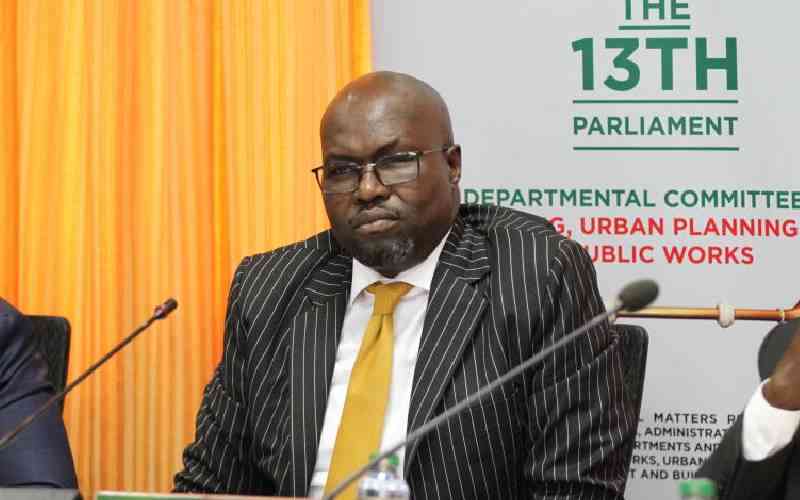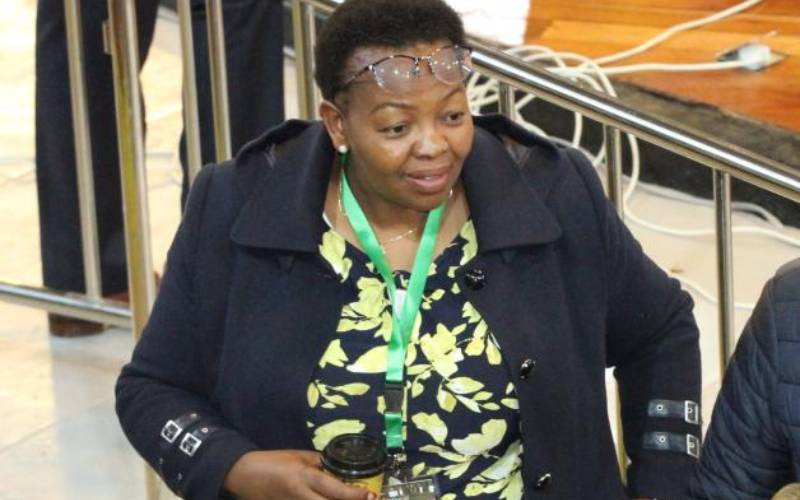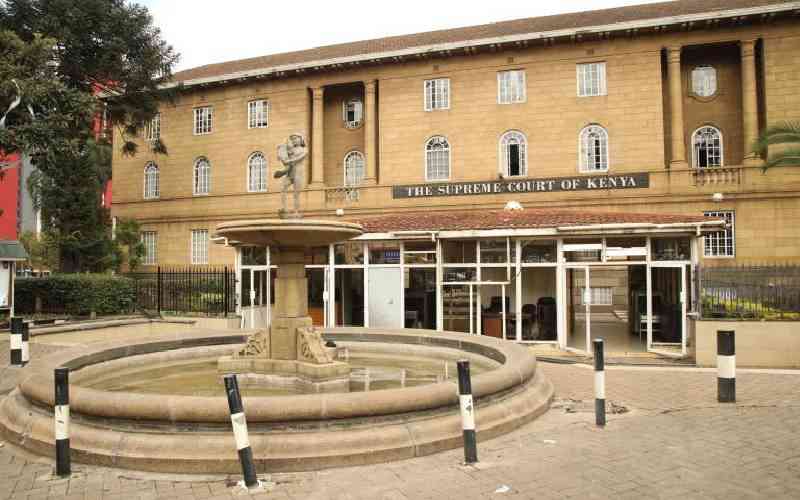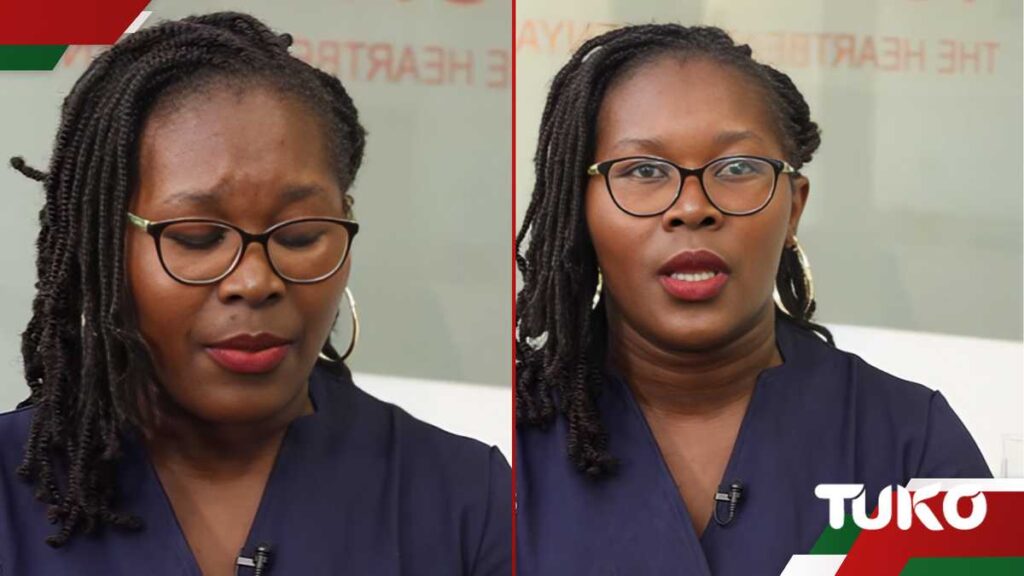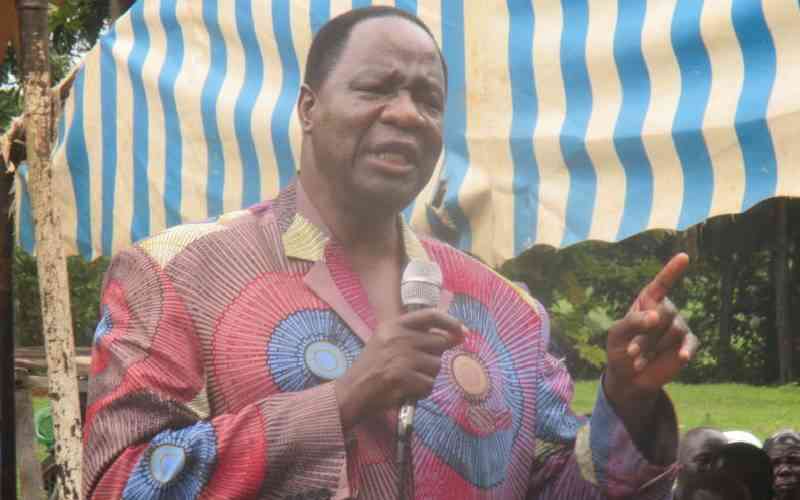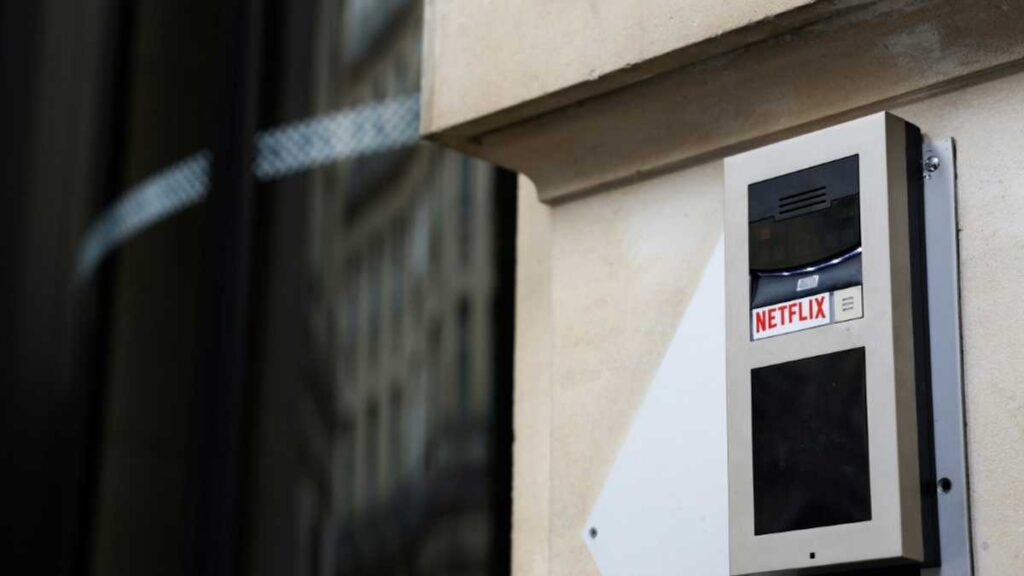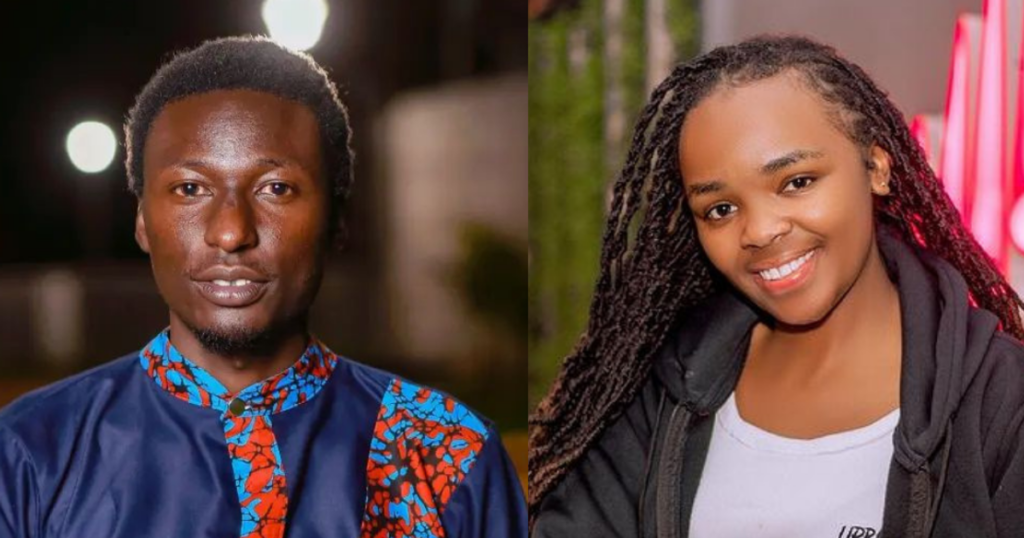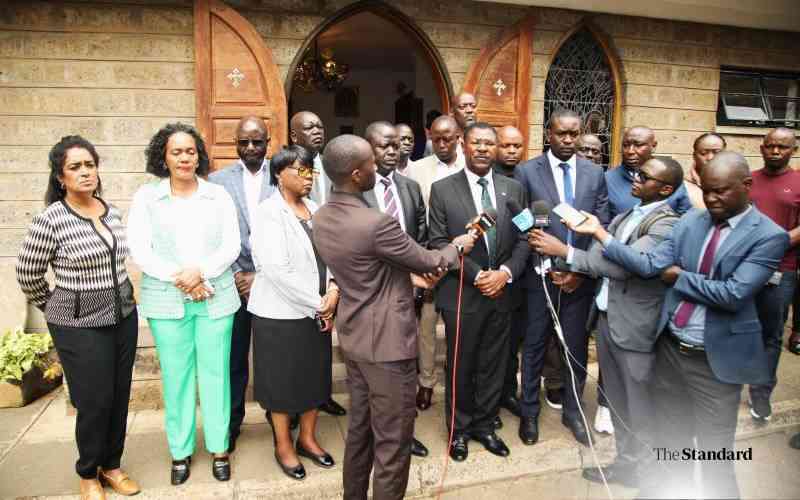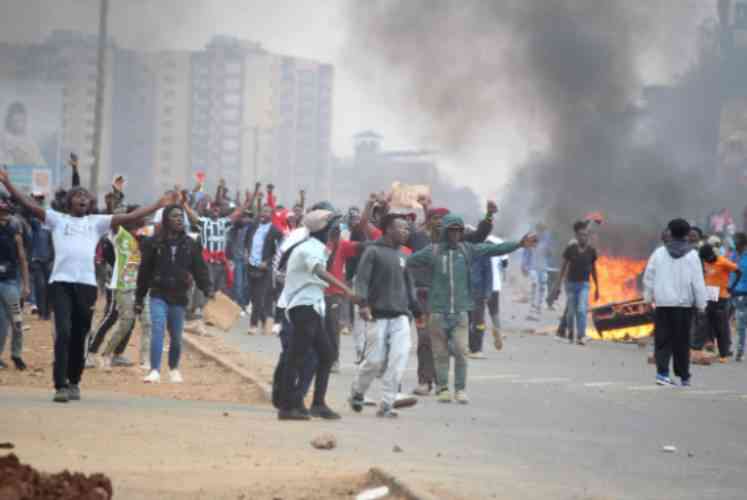The High Court has blocked the Judicial Service Commission (JSC) from requiring Supreme Court judges to respond to petitions filed to remove them from office.
Justice Charles Kariuki on Wednesday directed the commission to withdraw its directive asking Chief Justice Martha Koome, her deputy Philomena Mwilu, and justices Mohamed Ibrahim, Smokin Wanjala, Njoki Ndung’u and Isaac Lenaola, and William Ouko to respond to three petitions or any other.
Pariken ole Esho filed the case against JSC. He cited Dari Ltd, Christopher Rosana and Nelson Havi as interested parties.
Esho argued that the petitions filed to remove the seven senior judges sought to review their judgements.
He said the commission had no power to reopen a judge’s or magistrate’s ruling or judgement to determine whether they are suitable to continue holding office.
The court heard that the decision to have Supreme Court judges respond to the petitions was an indicator that JSC had no clear procedures or processes of resolving petitions filed before it.
“The respondent has no jurisdiction to review or sit on appeal against any judicial decision either under article 168 of the Constitution of Kenya or under any other written law. As such, any complaint formulated against a judge or magistrate on the merits of a judicial decision does not meet the threshold of a complaint capable of being entertained by the respondent in exercise of its limited mandate and ought to be dismissed in limine,” argued the petitioner.
He stated that if JSC proceeded with the petitions, it could harm the judges’ reputation, career and judicial standing.
According to Esho, the petitions set a dangerous precedent for litigants to pursue judges in external forums for their judicial decisions.
He asserted that there was a clear process for litigants who were aggrieved to seek review or appeal a court decision.
“The application highlights the principle of judicial immunity, which protects judges from being sued or subjected to external scrutiny for decisions made in their judicial capacity. Urgent determination is necessary to uphold this immunity and prevent the respondent from placing judges on trial for their judicial decision,” he said.
He asked the court to force JSC to formulate clear procedural rules consistent with constitutional principles and the rule of law. He noted that the commission had been directed to formulate the regulations in a battle by former Supreme Court judge Jackton Ojwang, but it has not complied.
According to Esho, it was unclear how JSC decides which petitions to throw out without requiring a judge or magistrate to respond and which to admit for further processing.
At the same time, he urged Justice Kariuki to direct the commission to desist from any such charges or proceedings against judges, magistrates and other judicial officers until the procedural rules are in place.
Stay informed. Subscribe to our newsletter
He argued that the three petitions before JSC were premised on the apex court’s decision to punish lawyers for disparaging the court.
He asserted that the only grounds set by the Constitution for removal of a judicial officer are mental or physical incapacity, breach of a code of conduct, bankruptcy, incompetence, and gross misconduct or misbehavior.
The case will be mentioned on March 12, 2025.
He said that the commission cannot deviate from the five grounds while considering a petition for removal.
Esho said that Havi had in fact written to JSC, questioning the process.
According to him, consideration means that a petition can be thrown out even before admission.
“By lack of the said regulations has resulted in uncertainty on how the JSC carries out his process resulting in the abuse of the right to procedural fairness, right to be heard and thus arbitrary use of the power bestowed on the JSC by
Article 168 of the Constitution,” said the 59 year old Narok resident said.



